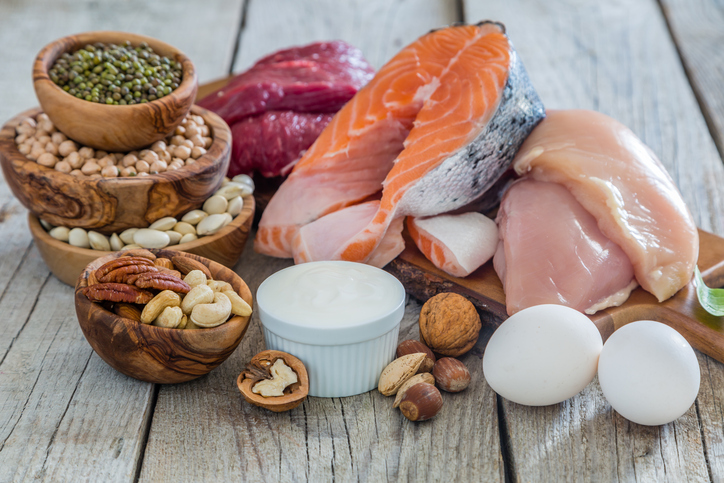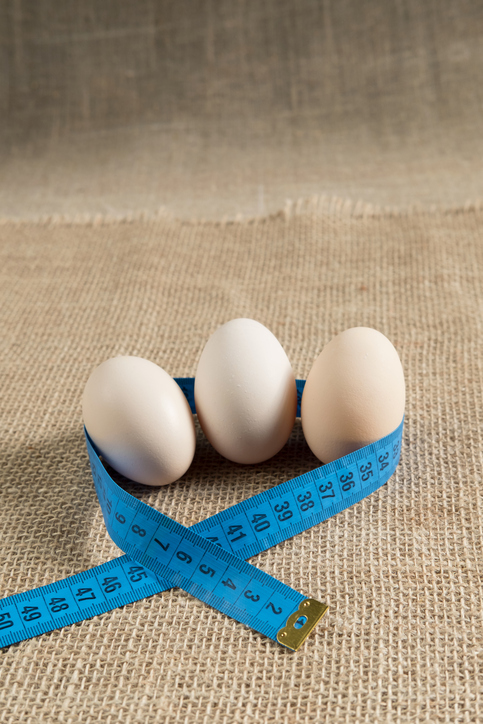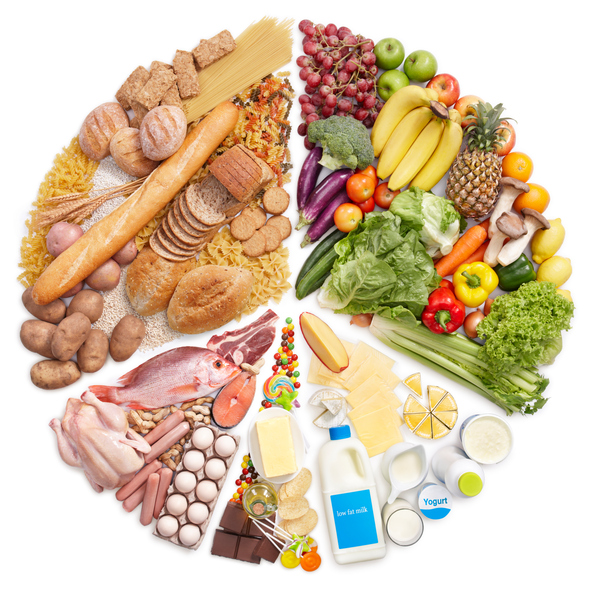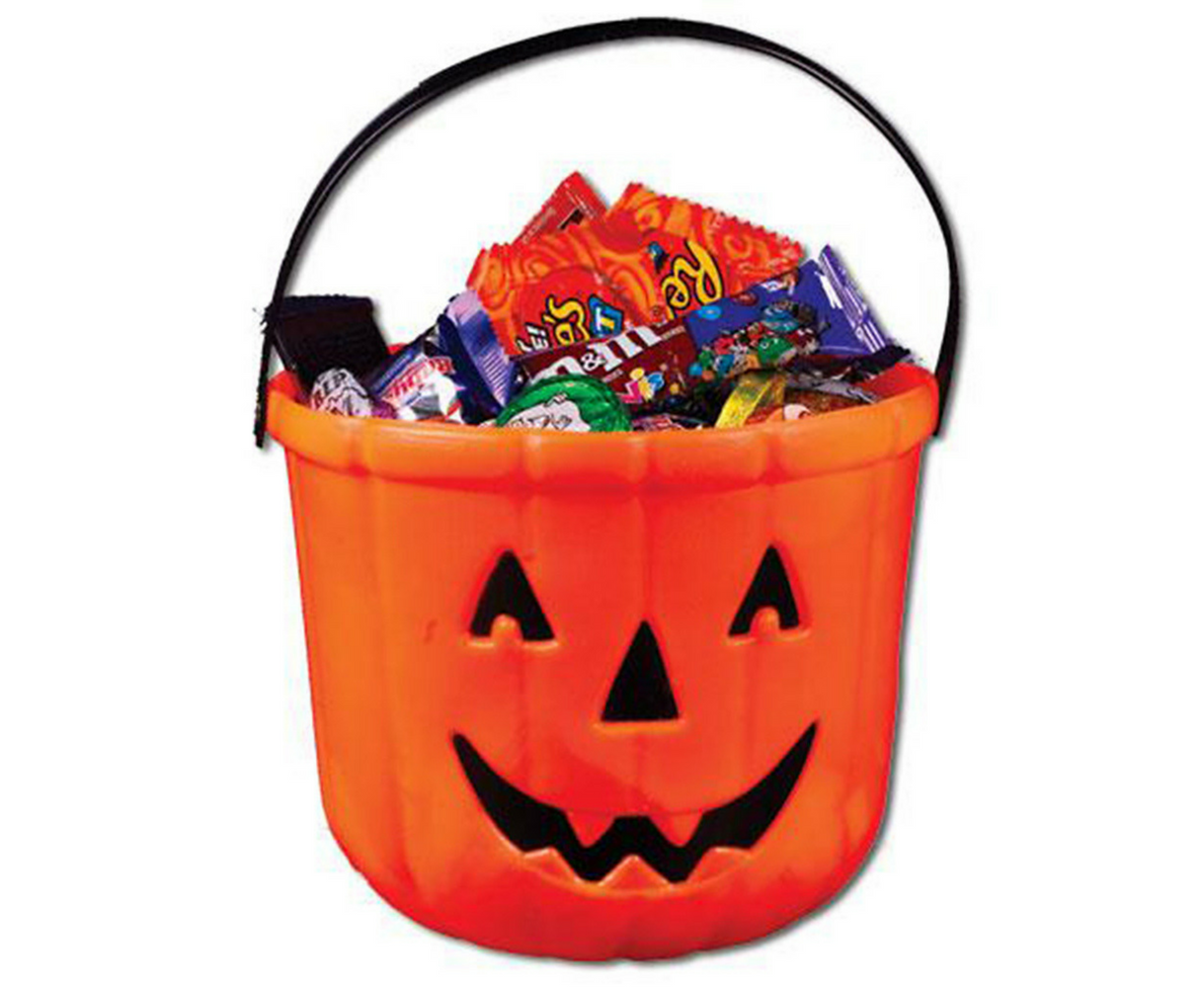 The decision to have bariatric surgery is a big one. Like all surgery, there is a risk. However, bariatric surgery has been proven as the most effective treatments for those who suffer from the disease of obesity. However, your journey to a healthier life does not stop once you leave the hospital. True success comes from changing your lifestyle and your diet.
The decision to have bariatric surgery is a big one. Like all surgery, there is a risk. However, bariatric surgery has been proven as the most effective treatments for those who suffer from the disease of obesity. However, your journey to a healthier life does not stop once you leave the hospital. True success comes from changing your lifestyle and your diet.
Dialing in your diet is the only way to achieve sustainable fat loss and maintain a healthy weight. Contrary to popular belief, bariatric surgery is not the magic answer to solve all of your fat loss problems. However, it is a wonderful tool to help you achieve your healthier life.
Diet is important. While this is not exactly a ground-breaking claim, many ask “what is the right diet or the most effective diet for fat loss?”
Have you ever tried a diet that promised extreme results? Lose X pounds in Y days! Generally, people get excited about the dream of losing large amounts of weight in just a few days or weeks. Most people figure “I can put up with ANYTHING for a couple of weeks! If it means I lose 10, 20, 30 lbs it is worth it!” These unrealistic promises are just white noise that leads to confusion.
In this post, we won’t harp on the highly marketed and highly ineffective “fad” diets. Instead talk about the basics of fat loss and the most important component of any diet: protein.
Why is Protein so Important?
Proteins are large biological molecules and are essentially the building blocks of bones, muscles, cartilage, skin, and blood. Proteins also act as enzymes and hormones and play a role in the transport of oxygen and other substances in the body by making hemoglobin, the protein in red blood cells.
Proteins are made up of smaller molecules called amino acids. There are about 500 known amino acids, but in the context of human nutrition, there are 22 amino acids that are relevant. Of the 22 amino acids, 13 are known as “nonessential amino acids” because our bodies can synthesize or make them. The remaining 9 are known as “essential amino acids.” They are essential because our bodies cannot make them so we rely on our diet to provide our body with these molecules.
Animal-based proteins such as chicken, fish, meat and dairy have particularly strong amino acid profiles.
More Fat Loss on High Protein Diet
 Notice that throughout this article we have been talking about fat loss, not weight loss. The terms are used synonymously but do not have the same meaning. Weight loss is simply watching the scale drop with no mind to where the weight is being lost. Did you lose fat, or did you lose fat-free mass (such as muscle)? Without even discussing this I’m sure it’s clear that losing fat-free mass is neither desired nor healthy.
Notice that throughout this article we have been talking about fat loss, not weight loss. The terms are used synonymously but do not have the same meaning. Weight loss is simply watching the scale drop with no mind to where the weight is being lost. Did you lose fat, or did you lose fat-free mass (such as muscle)? Without even discussing this I’m sure it’s clear that losing fat-free mass is neither desired nor healthy.
Since the goal is fat loss it is important to understand that studies show a high protein diet is better at promoting fat loss and preserving muscle.
More Satiated on High Protein Diet
The main success driver in any diet is the ability to stave off hunger. The satisfying feeling of a full stomach helps keep our will-power strong when tempting treats enter the scene. Studies show that appetite is significantly reduced on a high protein diet. Individuals who eat higher amounts of protein maintain the feeling of being full. This helps them fight the impulse of spontaneous eating and it leads to more fat loss.
While it is generally accepted that high protein diets are more filling, studies also show that high protein snacks and foods make you feel fuller longer, thus you are less likely to overeat.
Fat-free Mass is Preserved on a High Protein Diet
The degenerative loss of muscle as you age is a major concern as we age, especially when in prolonged calorie restrictive diets. This process, called sarcopenia, happens to everyone and as it progresses we become more susceptible to illness and disease. Research shows that a high protein diet (especially when combined with exercise) is particularly effective in fending off the effects of sarcopenia.
In addition to preserving skeletal muscle, a high protein diet is also proven to prevent osteoporosis, another health risk that is associated with general ageing.
How Much Protein Does a Bariatric Patient Need?
 It is clear that a high protein diet is important for various reasons. But you are likely asking how to apply this information to your own life. Luckily there is quality guidance on this topic. Because bariatric patients are counseled through a very low-calorie diet (VLCD) for aggressive weight loss before and after surgery the composition of the diet needs to be heavily protein driven.
It is clear that a high protein diet is important for various reasons. But you are likely asking how to apply this information to your own life. Luckily there is quality guidance on this topic. Because bariatric patients are counseled through a very low-calorie diet (VLCD) for aggressive weight loss before and after surgery the composition of the diet needs to be heavily protein driven.
Studies have shown that a diet comprised of 20% – 30% protein compared to total calories is enough to lead to decreased food intake thereby promoting weight loss. Also, this study evaluated RYGB patients that consumed approximately 1.5 grams of protein per kg of ideal body weight and determined that amount adequate. Let’s look at an example:
Let’s say you are a bariatric patient consuming 1,100 kcal – 1,500 kcal per day. Using the first equation we take our calories and multiply by the percentage of calories derived from protein:
1,100 kcal x 30% = 330 kcal
Protein is about 4 calories per gram, so 330/4 = 82.5 grams of protein per day.
Using the second equation we will use an example. According to the Metropolitan Height and Weight Tables a female who is 5’6” has an ideal body weight of about 145 lbs. Convert the weight from pounds to kilograms. 145 lbs = 65.8 kg. So our formula is 1.5 grams of protein X Ideal Body Weight in KG:
1.5 grams of protein x 65.8 kg = 98.7 grams of protein per day
No, the answers are not the exact same, but you get a very strong idea of where your dietary protein intake should be per day. Apply yourself to these formulas and compare your current protein intake to your ideal protein intake. If you’re hitting that mark, keep it up! If you are low, try supplementing your diet with protein supplements and you’ll be set!
To Your Health!
The Bari Life Team
Improving the health and wellness of bariatric patients around the world by providing the most complete bariatric vitamins & supplements that are highly effective and clinically proven.
Shop Bari Life: barilife.co.nz


What are your tips and tricks to post-bariatric success?